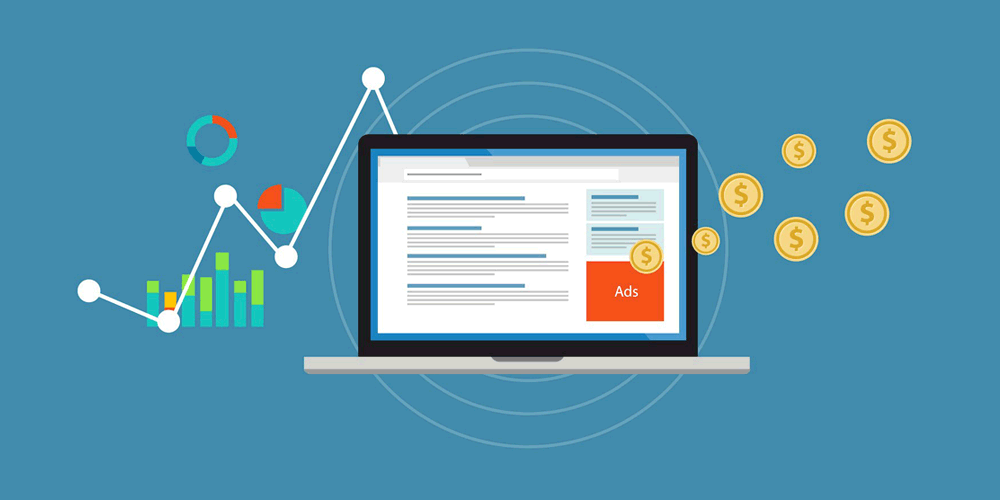Pay-Per-Click (PPC) management is where marketers oversee a company's PPC ad strategy and budget. This can be done by an in-house team of marketers and media buyers, or outsourced to an external agency.
With the number of advertising networks available, all of them offering features and management tools that are sometimes distinct, PPC management is becoming more and more complex than ever.
But also thanks to technologies, these PPC marketers can leverage automation to help them out.
This is essential for modern day PPC specialists where automation can help them deliver strategic input and guidance needed to deliver continuous improvement to their clients.
Marketers can harness automation for as as many manual processes as possible, as well as utilizing the power of machine learning to manage campaigns.
This would enable marketers to keep up with the evermore complex PPC environment, as well as freeing up their time for other tasks, such as forward-thinking strategies and planning.

Automating Bid Management
PPC marketers can still rely on manual big management. But bidding manually can be time-intensive and inefficient, considering that there are too many options available for those marketers.
Making things even more difficult, platform may have different bid management methods that are slightly more advanced than others.
Using automation, marketers can create entry level bid on Google Ads, for example. Automated rules can also work for smaller accounts, not just to those marketers with huge budgets.
Google has smart bidding features that use machine learning technology to automate bids based on a wide range of real-time signals, including users' devices, location, time, re-marketing list, language, as well as operating systems.
Also because of machine learning, the more data points are used in the marketers' bidding strategy, the more deeper the dataset Google can use for its automated bidding strategies. This again, should benefit both small and big advertisers in particular.
Automatic Bidding With Scripts
Scripts can also be used to help automate bid management, alongside auto bidding strategies.
Within the data feed for Google Shopping, for example, custom labels can be used to identify the profitability of products. Bids can then be automatically adjusted (increasing or decreasing them) periodically to align with the profitability of a product compared to the average profitability across all products.
Automating Error Checking
When seeing analytics data, anomalies may happen. This can be a problem when marketers want to pinpoint performance issues.
For large data, it's very difficult for a human to analyze the data manually, as it is time-consuming and not efficient. This in turn will hurt their overall performance.
Google’s Account Anomaly Detector, for example, can be used to assist marketers in broad error checking on these anomalies when they happen. This script can automatically scan an account every hour and notify the marketers whenever account metrics vary more than a set percentage from expectations.
Furthermore, this Google script can also be used to check specific issues within accounts.
Automating ad copy
For large marketers, they may need to create multiple ad copy for different platforms and audience. This can be time-consuming and also inefficient. Again automation can help.
Google has what it calls Dynamic Search Ads (DSA), which allows marketers to automatically target and generate ads based on their website content. While this automation can really help, marketers are advised to not completely rely on this automation because it doesn't give the same level of control or targeting options as manual keyword-targeted campaigns.
But for those large marketers who want to create ads using Google scripts, DSA can be the perfect choice.
To do this, they are required to have an up-to-date data product data feed, and also an in-depth knowledge of Google Sheets.

Automating PPC Reporting
Marketers can automate their report automation using Google Sheets with Google Analytics add-on.
Here, marketers can pull in selected metrics and dimensions, to then customize the visualization of the data using Google Sheets' charting functionality.
Using automation for PPC reporting will save marketers a lot of time, so it is advised that marketers that rely on manual labor of recording performance statistics to consider using automatic PPC reporting. This will save them hours of time each day/week/month in building out Excel sheets.
Conclusion
Manual labor can offer a more detail and exact result. But the efficiency and its effectiveness rely on the number of data. When dealing with huge amount of dataset, time is important.
This is why marketers should harness the power of automation and machine learning technology to deliver improved results, and create a more efficiently-managed PPC account.
Automation can provide marketers with analysis and management assistance at a scale that humans aren’t capable of providing in the same timescale. Because time matters, these will save them more time to focus on other important things.
This includes seeing the bigger picture of results, and to plan better future campaigns.